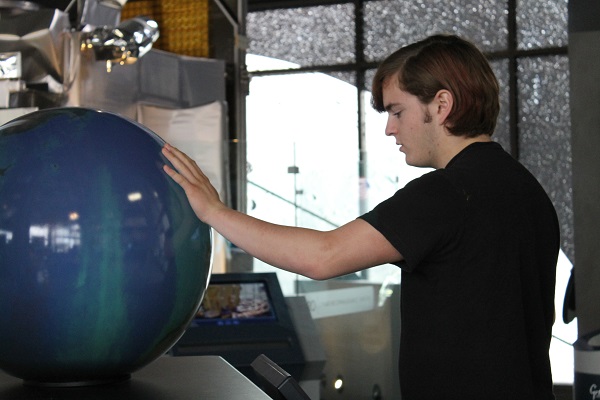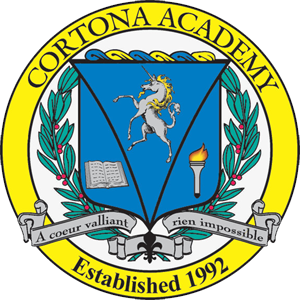Gifted & Talented Programs
Questions to answer when searching for schools that encourage giftedness:
2) Is the child’s present school (public or private) a “pressure cooker”? How much homework is assigned? Is it to be completed 100% at home, evenings and weekends, or are there study halls during the school day with teachers available to help the student
3) Are the child’s teachers readily available to answer questions? Do the teachers encourage thinking skills and creative, “outside the box” answers or just rote memorization?
4) Does the child have a book for every class?
5) Are classes on-line? If so, who sets the pace of the course, and what happens if the child is late with assignments? How are you assessing the level of these classes?
6) How many students are in the classes? How many teachers?
7) How many field trips, project periods and internships are available?

Facts About Giftedness and Talented Students
When their child is labeled as “Gifted,” parents often struggle to determine what exactly that means. According to the National Association for Gifted Children, academically gifted students make up about 6-10% of the total school age population. This means that roughly 3-5 million students are trying to navigate life, and education, with a label that is set to make them feel different. While any label can be beneficial in helping reach a specific school population to provide resources and special teachers, parents need help in making proper educational choices for their child.
When we think of gifted students, we often think “genius.” But this does not equate. Gifted children often develop at different speeds from their fellow students. Plus, oftentimes their physical growth, social, emotional and some specific cognitive functions can develop at different rates and times, while their aptitude in a specific area may grow unabated. This can cause many issues, most notably in social/emotional areas, which can lead to frustration or even to being ostracized from fellow students.
A study done by the Fordham Institute found that 58% of educators have no training in dealing with academically advanced students, and that 73% of teachers “…often…are not giving them a sufficient chance to thrive.” Not all teachers are able to recognize or foster a gifted child. At Cortona Academy, our professors make it possible for gifted/talented students to be noticed and supported. This is possible because our professors are, themselves, highly gifted individuals and are able to nurture this in our students in a clam, kind, inspirational manner, not by just assigning more homework and projects.
